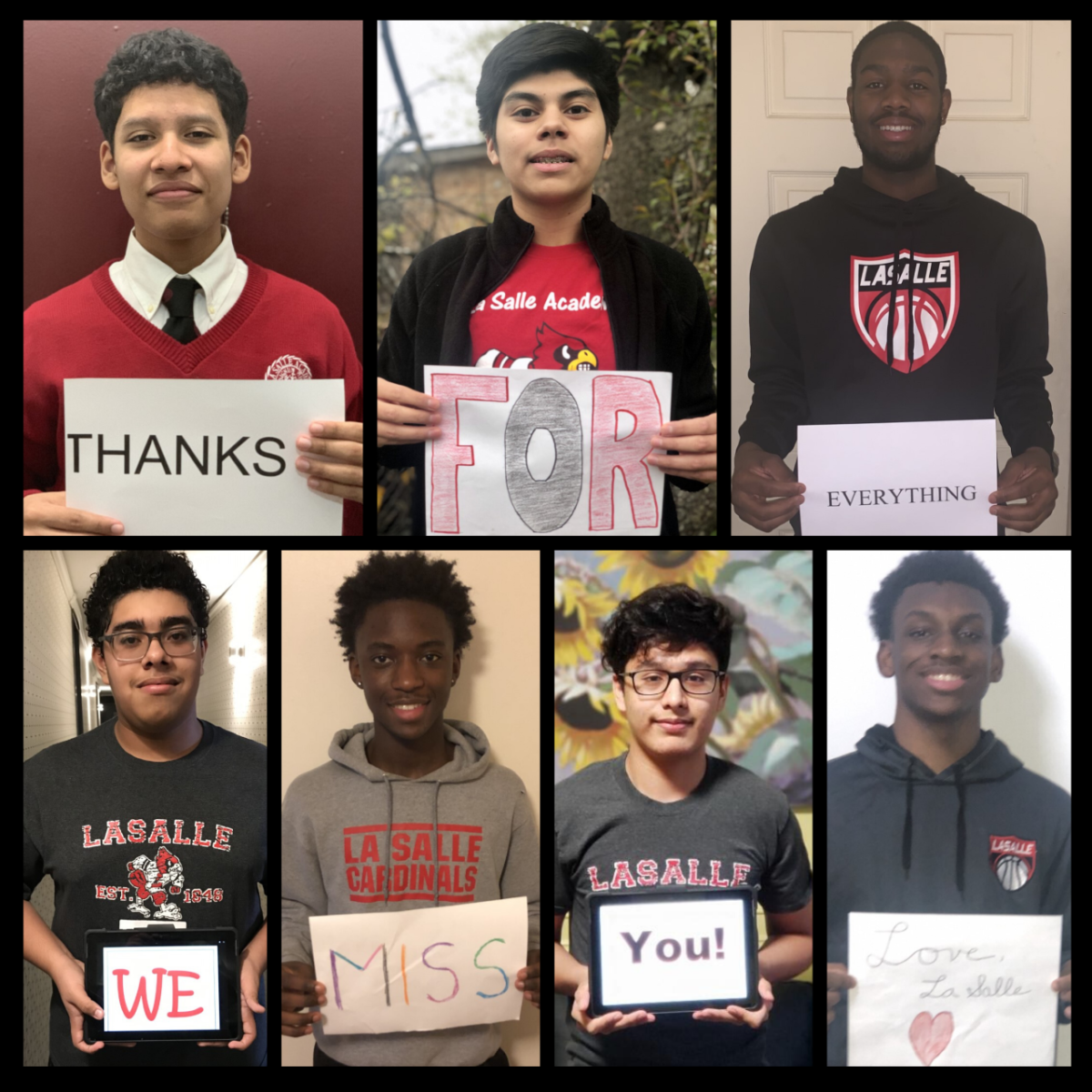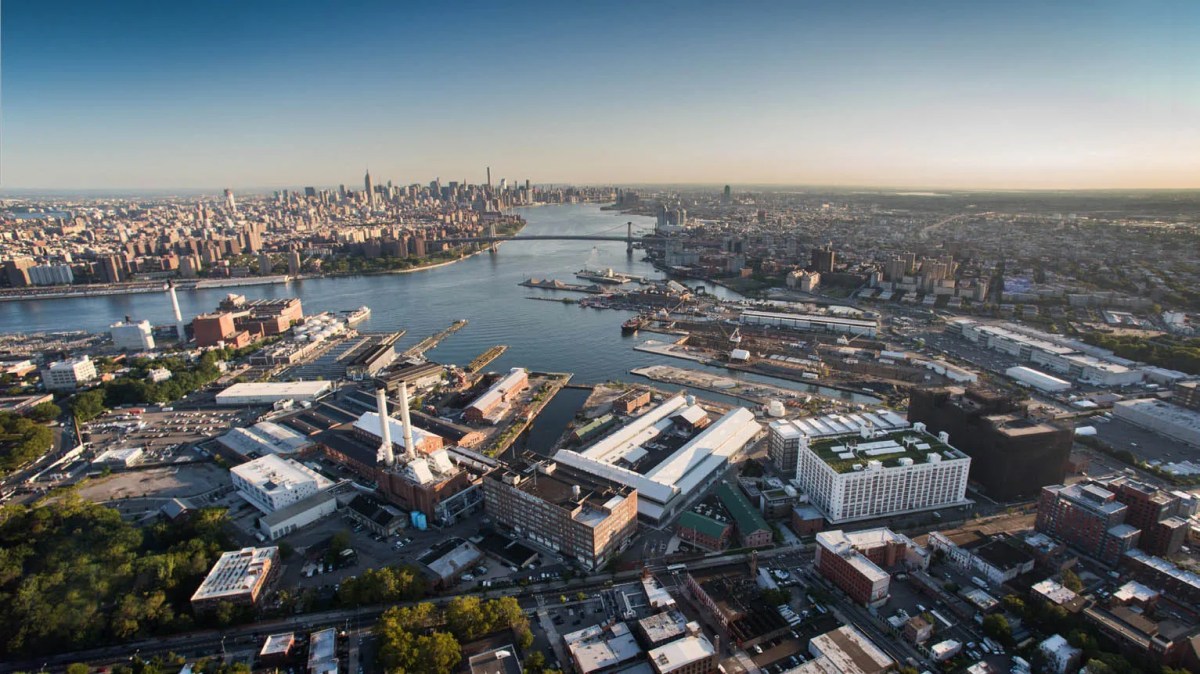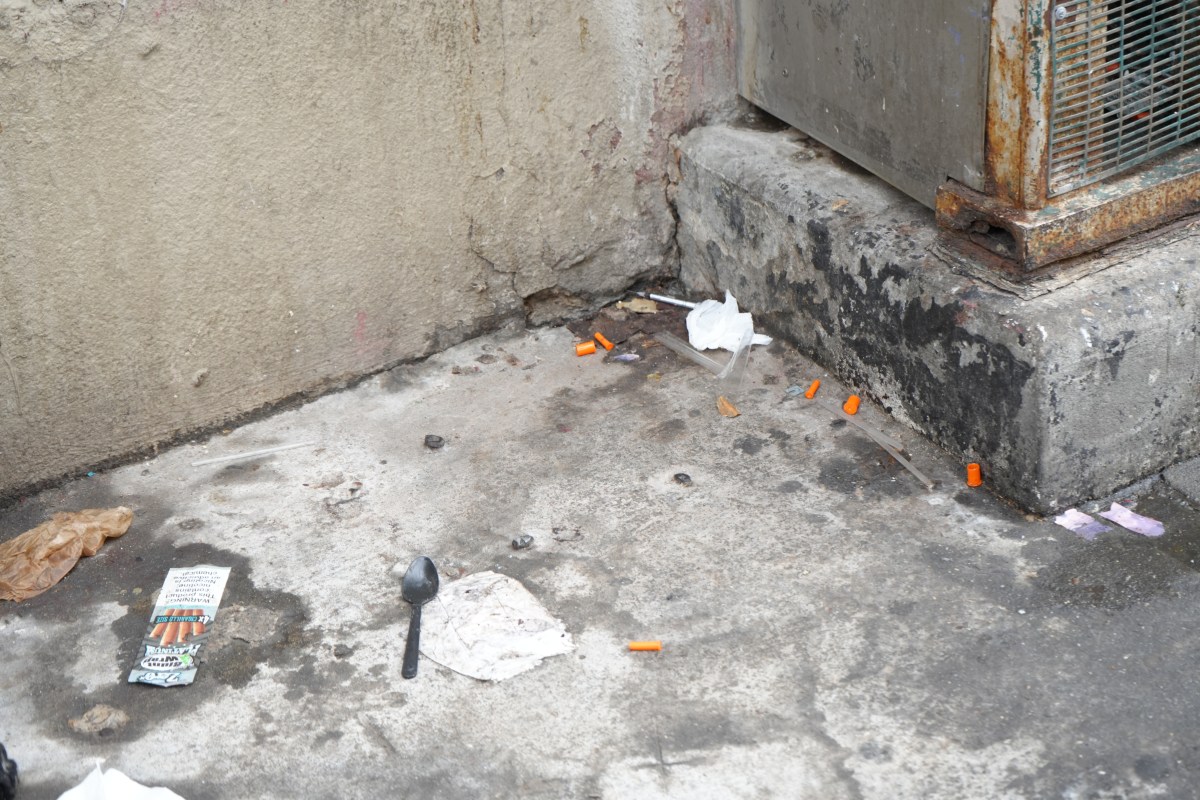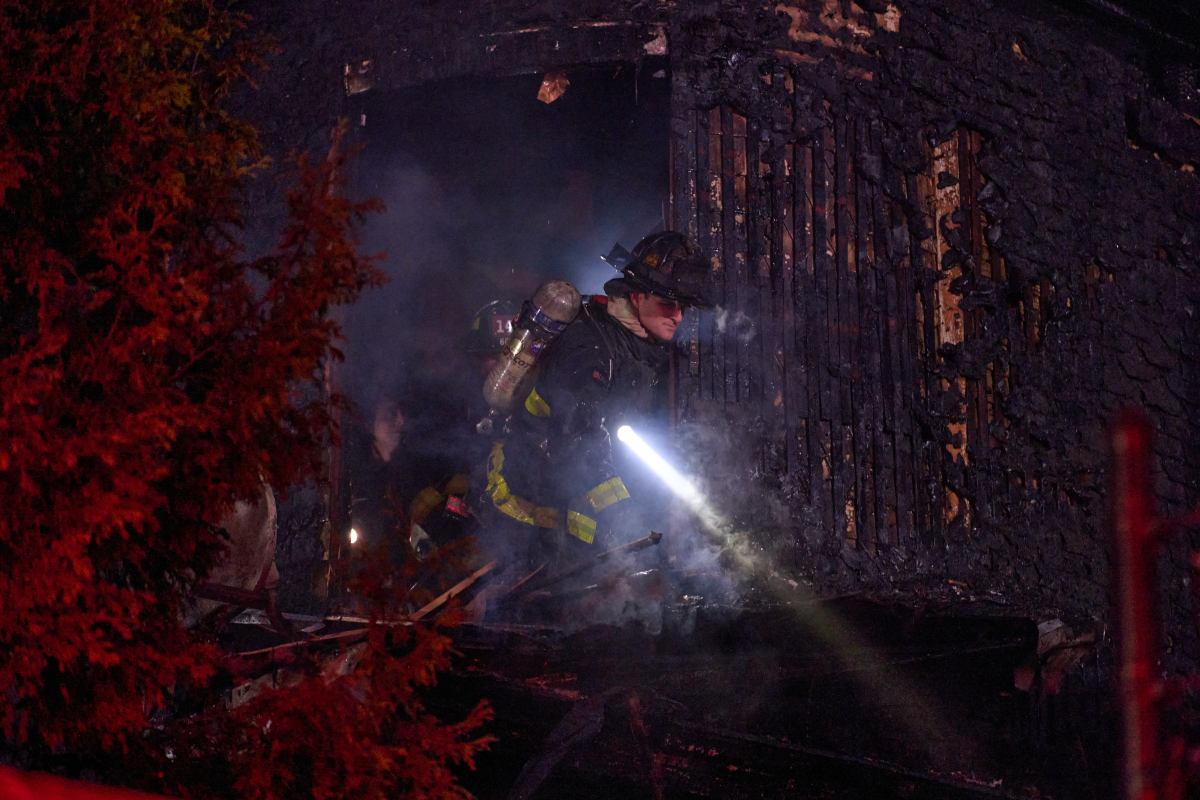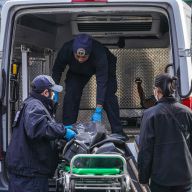Nothing can replicate the interaction between a teacher and their students in a classroom, but the LaSalle Academy in Manhattan’s East Village is coming close to it through its use of remote technology.
The school for young men, which predates the Civil War, has worked hard during the COVID-19 pandemic not only to continue lessons, but also to meet the needs of its students beyond the classroom, according to LaSalle President Brother Thomas Casey.
Like many other institutions around New York, the COVID-19 crisis for LaSalle began in March. Casey last dismissed students from the campus back on March 12. Earlier that morning, students were told during an assembly they would be working remotely until further notice — and to bring their Microsoft Surface Pro tablets with them to stay connected.
Casey said the faculty and administration worked to create an adapted schedule mimicking a normal school day on Mondays, Tuesdays, Thursdays and Fridays. But they decided to leave the middle of the five-day week open as “Wellness Wednesdays,” giving students and teachers opportunities away from their screens to address various needs.
“It’s an opportunity for our guidance personnel to reach out to our students [and] for the teachers to have office hours for students to check in with them,” Casey said of the “Wellness Wednesdays” program. “It’s also an opportunity for teachers and students to come up for air and work on various projects assigned during the week.”
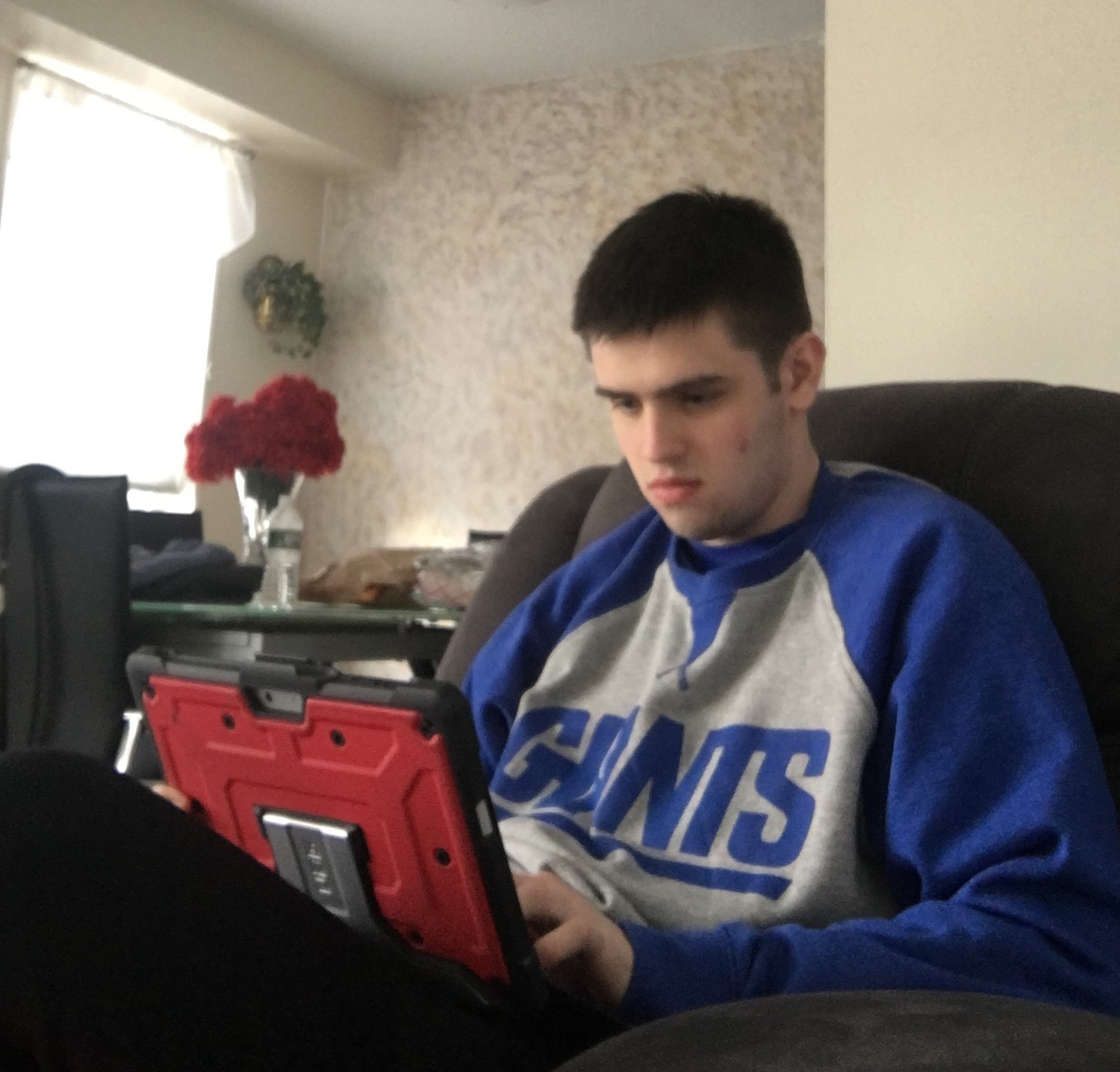
Formed in 1848, the LaSalle Academy is a private Catholic institution serving to prepare young men for college. About 40% of the student body comes from low-income communities, with students qualifying for free or reduced lunch prices as mandated by the federal government.
The pandemic poses challenges unlike any others that LaSalle has witnessed in its illustrious history. Yet Casey pointed to several silver linings within the cloud hanging overhead. One such lining is that pandemic has the student body adapting to a college schedule early.
“We market ourselves as a college preparatory school, and now our students have to act as if they’re in college,” Casey said of the school’s digital schedule. “They’ve got to set their phones for their alarms to start the day at 8:15 a.m. Some of the teachers are using Zoom or Google Classrooms and other portals” to carry out their lessons, from interactive math lessons to science labs conducted from a teacher’s kitchen.
The situation, while prompting LaSalle to adapt on the fly, may also usher in a new era in education for the school, the president observed.
“This pandemic, in a sense, has been a catalyst in encouraging us to imagine how schools might evolve in order to best serve young people and to benefit society, and the generations to come,” Casey said. “One of the things that we teachers rely on and lament is, ‘We’ve always done it that way.’ Well, that’s not going to work anymore. The challenge becomes how to do what we need to do with the resources that are there.”
LaSalle has also adapted to holding digital ceremonies recognizing student achievement, including an athletic awards ceremony. Students also organized a remote teacher appreciation program to honor their hard-working educators.
Beyond education, Casey said, the school’s counseling staff is working to meet the needs of students in. need. He noted that a number of students’ parents have been economically impacted by the pandemic through job loss. Recently, the school held an online fundraiser to help families make their final tuition payment of the academic year.
Students have also received assistance through the Archdiocese of New York’s Inner City Scholarship Fund. Counselors have also worked to connect students in need to additional resources, Casey added.
While the school adapts and works to help their students, Casey acknowledged the academy itself took a hit through the pandemic. A fundraising gala was postponed until November, and there are concerns about whether New York will have recovered enough from the pandemic to permit such a gathering.
“Parents not being able to meet their obligations to pay tuition will have a negative impact on our cash flow,” the president added. He noted that LaSalle did receive a loan through the Payroll Protection Program, as well as donations from a few benefactors who helped “us to make sure the year ends as solidly as we wanted to, and to start next year from a position of strength.”
“But if we don’t have a huge endowment, next year is going to be a challenge for us financially, especially if we can’t do the gala in November and reap the benefits of our benefactors in that situation,” Casey added.



